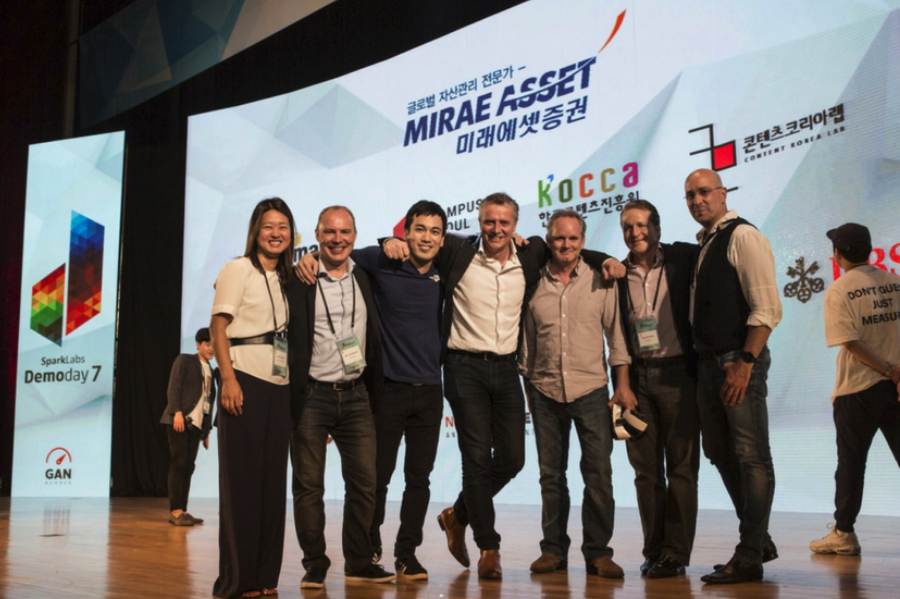Accelerator network SparkLabs has unveiled the first cohort of its Cultiv8 accelerator program in Orange, which will see participants given access to over 13,000 hectares of trial farmland spread across four ‘climatic zones’.
The program was announced last September through a partnership between Asian accelerator network SparkLabs Groups and the NSW Government’s Department of Primary Industries (DPI).
It is based in the Global AgTech Ecosystem (GATE), an agricultural global and research and development centre located in Orange’s Agricultural Institute, on which the 13,000 hectares of experimental farmland are based. GATE also incorporates 25 research stations, and access to data sets held by DPI.
NSW Minister for Primary Industries, Niall Blair, said NSW is setting the pace for agriculture research and development, with the program drawing international applications.
“When it comes to adoption and utilisation of technology our farmers are the best. The GATE will fast track innovation into their hands; the result will see even greater strides in improving the productivity and sustainability of our primary industries,” he said.
Blair added that the first cohort of startups will be joined by a team from within DPI, which will be working on state-specific projects such as drought, use of food by product, farm safety, and smart grazing management.
Guy Hudson, managing director of the Cultiv8 program, added that Australia’s proximity to Asia also helped draw international interest.
“We specifically designed our program to benefit from our brilliant research credentials, availability of land and strong path into Asian markets and it clearly resonated with a global pool of leading startups,” he said.
The participants are:
Aquabyte – Norway: Aquabyte applies computer vision and machine learning algorithms to aquaculture fish farms, primarily focusing on salmon farms in Norway. It is developing tools for biomass estimation, sea lice counting, and optimal feeding that help fish farmers better manage their day-to-day operations.
BioCarbon Engineering – UK: BioCarbon leverages data analytics and robotics to provide automated drone planting services to restoration project managers and landholders.
Evaptainers – US: Evaptainers creates low-cost refrigerators that run on water. Because the company’s core technology requires no electricity to operate, it is ideal for low-income, off-grid consumers that face issues with food spoilage.
Farmbot – Australia: Farmbot puts the farmer first with simple to install and use, high impact sensors. Their initial products, satellite and 3G connected monitors measure and analyse water use and consumption in stock tanks, dams, turkeys nests and irrigation channels.
Hydroleap – Singapore: Hydroleap is making wastewater treatment, cheap, environmentally friendly and easy by replacing expensive chemical treatment with a smart electrical treatment.
James Tyler – Australia: An ‘Australian farm to Chinese table’ platform that is able to deliver fresh Australian produce to over 90 cities around China.
ripe.io – US: ripe.io is looking to design a transparent digital food supply chain using blockchain and IoT.
Smart Ag – US: Smart Ag is developing premiere healthcare information technology company for the pollination industry, providing bee health diagnostic technology to commercial pollination businesses and corporate farms, thus allowing them to control bee loss
Secure Impact – Australia: Secure Impact is creating a marketplace to provide Australian farmers and investors with a real-time transparent buy/sell trading platform and enabling technology to exchange land assets, agribusiness assets, livestock, water, carbon, cotton, grains and oilseeds.
Image: SparkLabs 2016 Demo Day – cofounder Frank Meehan (centre). Source: Hackernoon.




















Trending
Daily startup news and insights, delivered to your inbox.